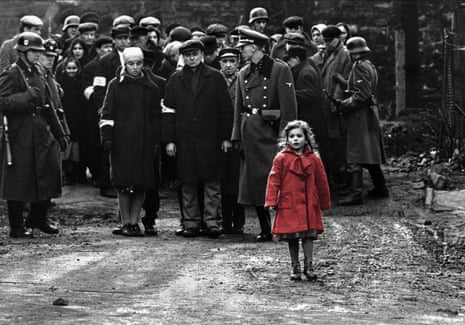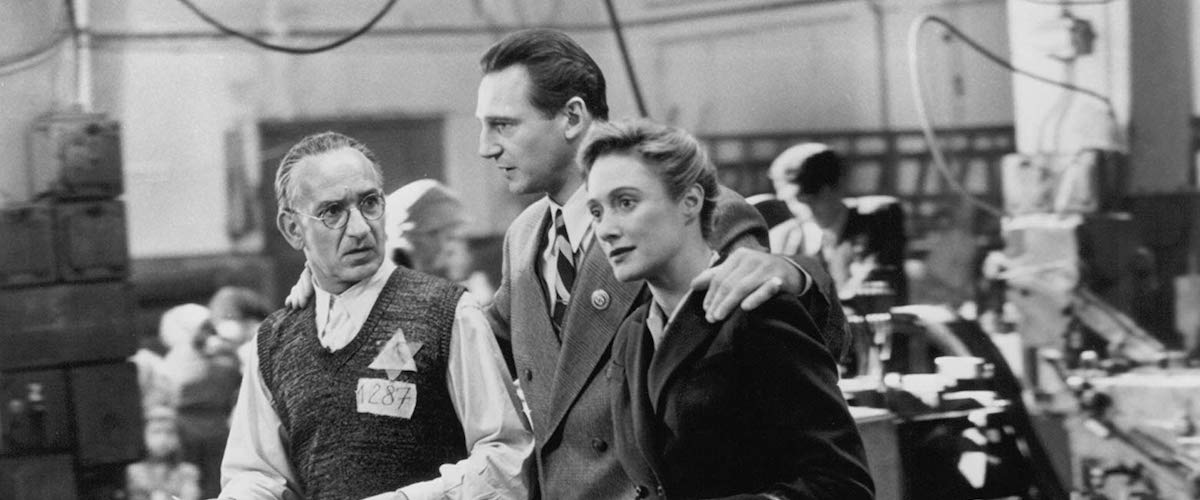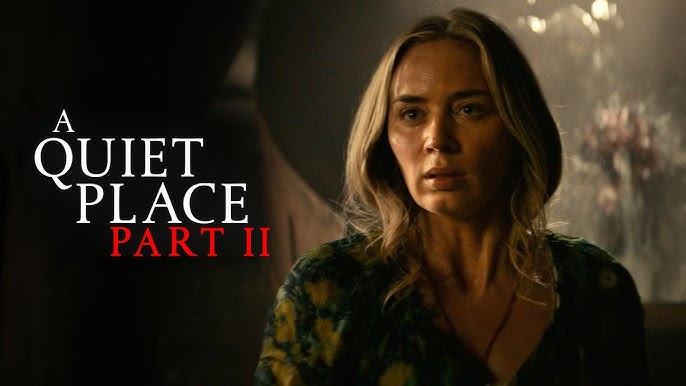Schindler’s List (1993): A Haunting Masterpiece of Humanity Amid Horror
Steven Spielberg’s Schindler’s List (1993) is widely regarded as one of the most powerful and important films in cinematic history. Based on the true story of Oskar Schindler, a German industrialist who saved the lives of more than 1,100 Jews during the Holocaust, the film is a harrowing depiction of genocide and a stirring tribute to moral courage. Adapted from Thomas Keneally’s historical novel Schindler’s Ark, the film combines documentary realism with intimate storytelling to devastating effect.
Liam Neeson stars as Oskar Schindler, an ambitious and charming businessman who arrives in Kraków, Poland, in 1939 with plans to profit from the German invasion. Initially motivated by wealth and status, Schindler uses Jewish laborers in his factory for cheap production. However, as he witnesses the brutal persecution and systematic extermination of Jews by the Nazis, his perspective begins to shift. Gradually, he becomes a reluctant hero, risking his fortune and life to protect those who would otherwise perish.

Neeson delivers a nuanced, restrained performance that captures Schindler’s transformation from opportunistic profiteer to selfless savior. Ben Kingsley plays Itzhak Stern, Schindler’s Jewish accountant and moral conscience, with quiet dignity. Ralph Fiennes, in a chilling role as SS officer Amon Goeth, embodies the inhuman cruelty of the Nazi regime. His performance is terrifying and complex, serving as a stark contrast to Schindler’s growing humanity.
Spielberg’s direction is uncompromising. Shot almost entirely in black and white, the film evokes a documentary-like aesthetic that emphasizes the stark, brutal reality of the Holocaust. The choice to include only selective use of color—most memorably the girl in the red coat—adds symbolic depth and emotional impact. The cinematography by Janusz Kamiński is both lyrical and haunting, while John Williams’ score, featuring violin solos by Itzhak Perlman, provides a mournful and poignant musical backdrop.

What sets Schindler’s List apart is its unflinching portrayal of the Holocaust. The film does not shy away from the horrors of ghettos, mass shootings, forced labor, and concentration camps. Yet within this bleak landscape, it finds moments of compassion, resilience, and resistance. The “list” becomes a symbol of hope—every name representing a life spared from annihilation.
The film was a critical and commercial triumph. It won seven Academy Awards, including Best Picture, Best Director for Spielberg, Best Adapted Screenplay, and Best Original Score. It also played a key role in reshaping public understanding of the Holocaust and inspired generations to remember and reflect on the atrocities committed during World War II.

Schindler’s List is not an easy film to watch, nor was it intended to be. It is an emotional, sobering experience that forces viewers to confront the darkest chapters of human history. But at its core, it is also a story about the capacity for good in the face of evil. It shows that even in times of unimaginable horror, one person can make a difference.
In conclusion, Schindler’s List remains one of the most essential films ever made—a work of profound historical importance and cinematic brilliance that continues to resonate with audiences around the world.



